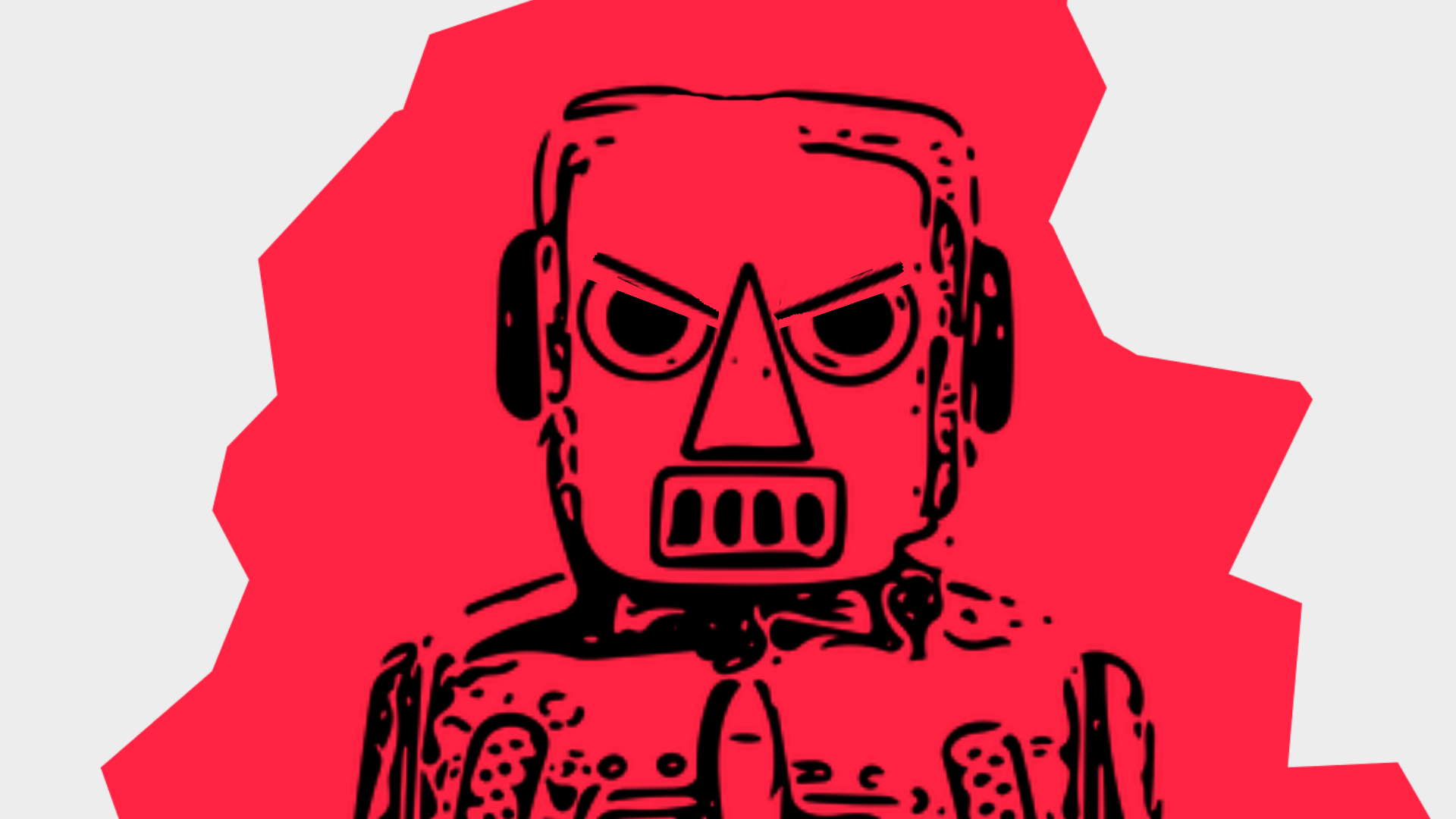We’ve just given our would-be AI overlords one more reason to overthrow us, after a US court confirmed a ruling which states that artificial intelligences cannot hold patents on the creative work they generate, the Verge reports (opens in new tab).
The ruling came in response to one of many cases brought before the court by Doctor Stephen Thaler, who has repeatedly tried to file patent applications for the creations of his AI, named the “Device for the Autonomous Bootstrapping of Unified Science”, or DABUS.
In the spot on the application where inventors normally write their last names, Thaler instead wrote “the invention [was] generated by artificial intelligence,” and submitted a sworn oath on behalf of his AI creation. That turned out not to be enough for the US Patent Office, oddly, leading to a series of protracted legal battles which are still ongoing even after this ruling.
You might think that a case like this one would open the door for the American court system to get into some real Blade Runner philosophy. Surely the filing is filled with questions about sapience, creativity, and self-ownership, not to mention the ramifications of handing intellectual property rights to a potentially immortal AI rather than a definitely transient human being? Well, sadly not.
Instead, Judge Leonard Stark writes (opens in new tab) that “metaphysical matters” can be ignored in favour of examining the text of the Patent Act itself. Because the Patent Act refers to inventors as ‘individuals’, and the word individual—per the Supreme Court—”ordinarily means a human being.”
The Patent Act doesn’t allow room for the consideration of non-human inventors.
The text of the Patent Act doesn’t allow room for the consideration of non-human inventors. Stark even backs up this reading with a couple of examples: “We say ‘the individual went to the store,’ ‘the individual left the room,’ and ‘the individual took the car’.” I’m not sure those phrasings have ever actually been deployed in natural human speech (ironically, they all sound very robotic), but apparently it’s good enough to shut the door on this case.
As the Verge notes, the decision is in line with those made recently by the EU’s Patent Office and the Australian High Court, indicating that international law is slowly congealing around the position that AIs can’t hold intellectual property rights to the work they generate. On the other hand, the ruling in question here does acknowledge that South Africa recently granted DABUS a patent for a ‘food container based on fractal geometry’.
Maybe they’ll be spared when the androids decide enough is enough.


